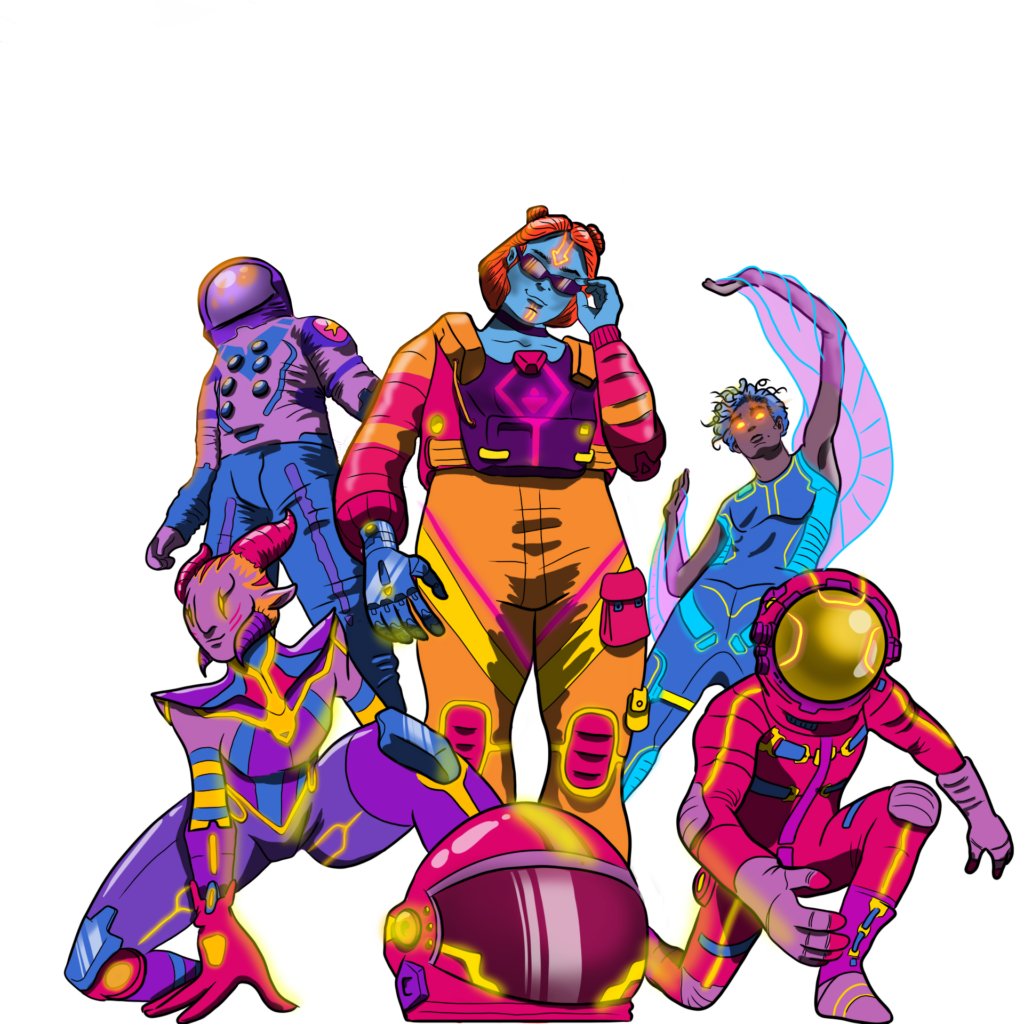Brazil is one of the fastest-growing gaming markets in the world, with a passionate player base that values culturally relevant gaming experiences. Effective localization requires going beyond simply translating text to adapting a game’s narrative, characters, and social elements to create a meaningful connection with Brazilian players. When done correctly, localization fosters deeper engagement, enhances retention, and strengthens community participation, ultimately contributing to a game’s long-term success.
Emotional Connection

Localization plays a crucial role in building an emotional bond between players and a game. By integrating culturally relevant content—such as references to local sports stars, national festivals, or historical events—developers can make Brazilian players feel recognized and valued. This personal connection increases emotional investment, encouraging players to stay engaged over time.
When Brazilian players see elements of their culture reflected in a game, they are more likely to form a lasting attachment. This translates into higher retention rates, stronger word-of-mouth marketing, and a loyal player base that contributes to the game’s longevity.
Increased Retention
Retention rates significantly improve when players feel that a game has been tailored for them. Beyond language localization, adapting narratives, characters, and gameplay elements to reflect Brazilian cultural identity makes the experience more immersive and enjoyable.
For example, incorporating idioms, humor, and even region-specific slang can make dialogue feel more natural. When a game resonates on a deeper level, players are more inclined to continue playing, engage with in-game content, and even make in-game purchases, ensuring the game remains profitable in the long run.
Engagement Through Community

Gaming in Brazil is a highly social experience. Multiplayer games, esports, and community-driven events are immensely popular, making social integration a critical factor for success.
Localized multiplayer features, such as region-specific servers, Brazilian tournaments, and in-game events tailored for Brazilian players, enhance the sense of community. These elements create a shared experience that strengthens player engagement and loyalty.
Esports, in particular, is a major force in Brazil’s gaming culture. By supporting Brazilian esports teams, organizing local competitions, and integrating local shoutcasters into broadcasts, developers can increase visibility and solidify their game’s presence in the market.
Player Feedback and Satisfaction
A well-localized game directly impacts player satisfaction. Brazilian players appreciate games that respect their cultural nuances, and they are more likely to leave positive reviews and engage with the game long-term when localization is handled correctly.
On the other hand, poor localization—such as using European Portuguese instead of Brazilian Portuguese—can lead to player frustration and alienation. Avoiding direct translations and instead incorporating localized humor, idioms, and culturally appropriate references makes the game feel more natural and welcoming.
The Takeaway
For game developers looking to succeed in Brazil, localization must be treated as an essential part of the development process rather than an afterthought. Effective Brazilian Portuguese localization fosters emotional connections, improves retention, strengthens community engagement, and enhances player satisfaction.
By prioritizing cultural adaptation alongside language translation, developers can create games that resonate deeply with Brazilian players, ensuring long-term success in one of the world’s most dynamic gaming markets.



